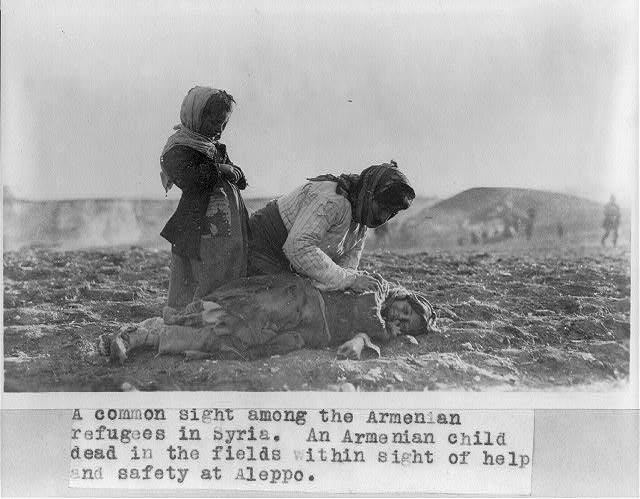Facing History in Ourselves is a class where history and ethics combine to give a student more of a sense of self. The class uses documents, movies, discussions, first-hand accounts, and documentaries to teach the students about their own morals. But how can that be? This class makes you examine yourself in ways you wouldn’t want to. You watching things that may terrify you, but this is history. It is raw and open and not censored, so that as a student in this class, you can form opinions about people, events, places, and things. You see the truth, and exploit the lies. By learning about The Jim Crow Era, Armenian Genocide, The Holocaust, Native Americans, and yourself, students are changed in more ways than one. By examining what you believe is true, and what it actually true, you get a sense of finding yourself and becoming new.
I took this course to find about more about History. Many textbooks and teachers sugar-coat everything, and by doing so I felt like I was being lied to. When I stepped into this class I knew I could say whatever I wanted without being persecuted or yelled at. This was a real class to me. It showed things that made me uncomfortable, and by doing so I found out who I truly was.
Amanda Borglund is a senior at Westborough High School




